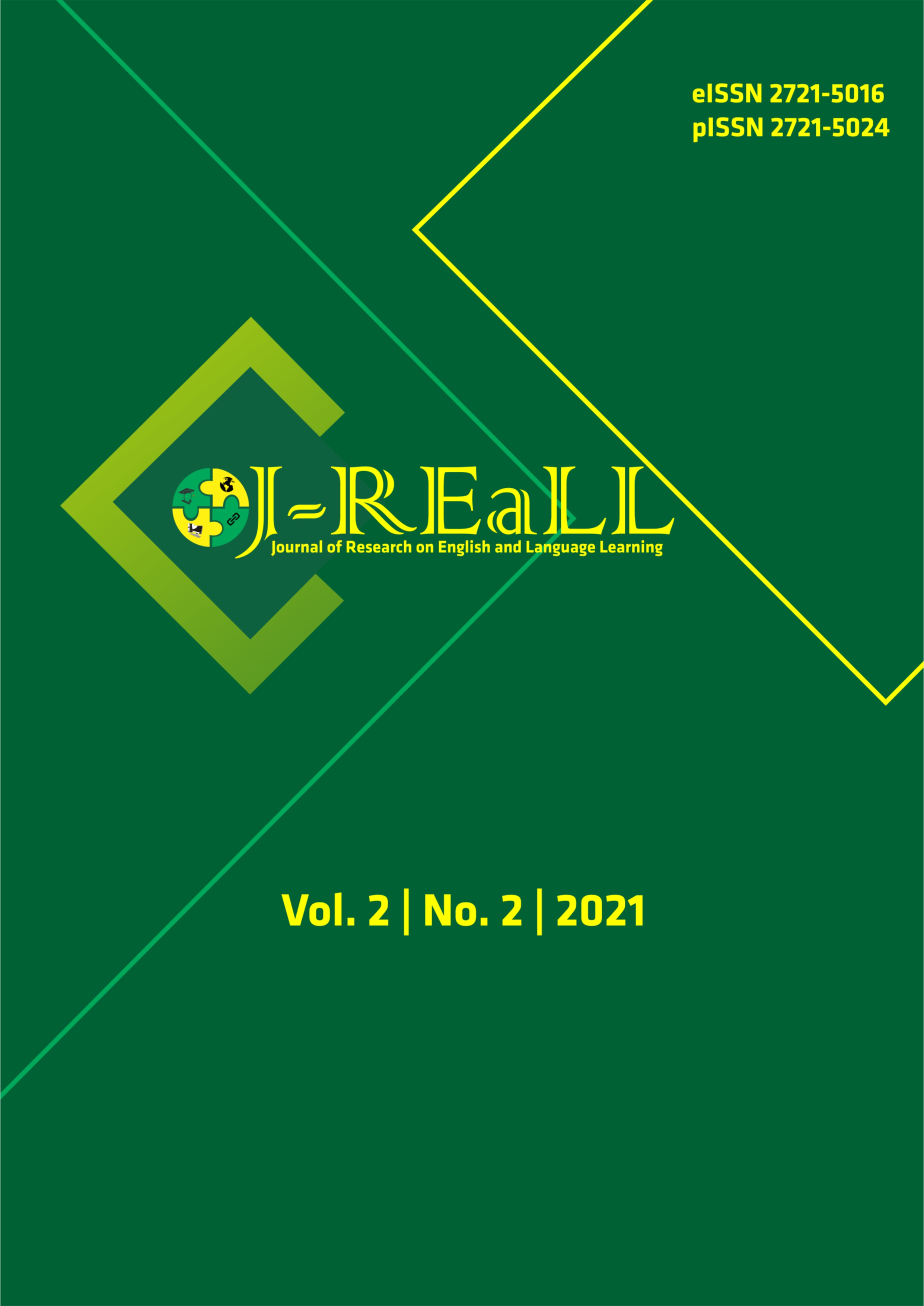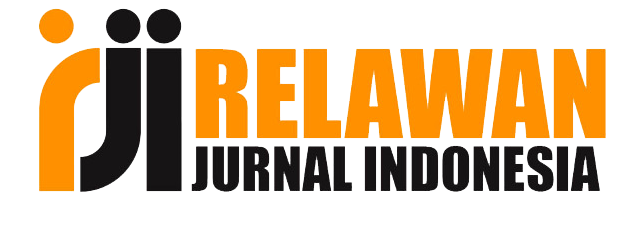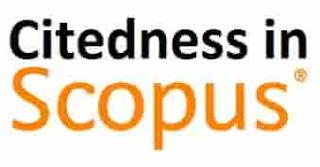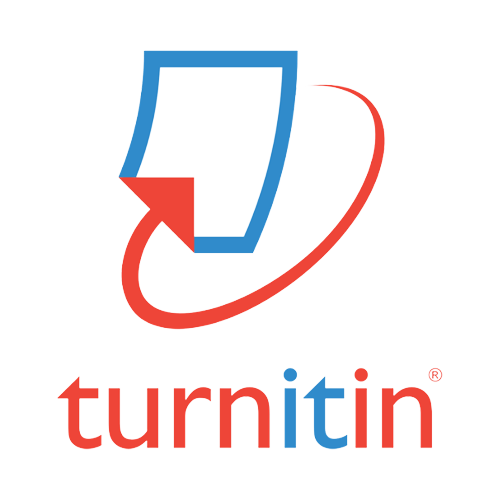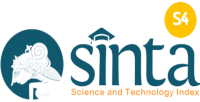The analysis of assessment instruments in English teacher lesson plans at junior high school in Singaraja Bali
DOI:
https://doi.org/10.33474/j-reall.v2i2.10118Keywords:
authentic assessment, assessment instrument, curriculum 2013Abstract
Education and Culture Ministry Regulation 81A Year 2013 has demanded teachers to use authentic assessment as a method of assessing students’ competences which is applied in English teachers’ lesson plans. This research aims to describe types of assessment instruments used in lesson plans, the relevancy between the assessments and indicators in the lesson plans, and the authenticity of assessment instruments used by English teachers as demanded by Curriculum 2013. The data were collected through document analysis of 20 English teachers' lesson plans from 4 Junior High Schools in Singaraja, Bali. The research model from Miles and Huberman (1984) was adopted in data analysis process. The instruments were derived and modified from principles of authentic assessment in Education and Culture Ministry Regulation 81A Year 2013. As the result, it was found that performance assessments and project assessment were used as the assessment types in the implementation of authentic assessment. The assessment instruments were relevant to the indicator of learning and the skills’ aspects in assessment instruments used was authentic as demanded by
Curriculum 2013.
References
Asmawati, E. S., Rosidin, U., & Abdurrahman. (2018). The Development of Asessment Instrumen Towards the Students' Critical Thinking Ability on the High School Physics Lesson wirh the Creative Problem Solving Model . International journal of advanced research, 90-98.
Borich, G. D. (2007). Effective teaching methods, Unit and Lesson Planning, Six Edition. Ohio: Pearson Merrill Prentice Hall.
Brown, H. D. (2004). Language Assessment: Principles and Classroom Practices. San Francisco: Pearson Education.
Gulikers, J.T.M., Bastiaens, T.J., & Kirschner, P.A. (2004). Educational Technology Research and Development. "A Five-Dimensional Framework for Authentic Assessment". Vol. 52, No. 3, 67- 86.
Creswell, J. W. (2012). Planning, Conducting, and Evaluating Quantitative and Qualitative Research: Fourth Edition. Pearson: University of Nebraska-Lincoln.
Harmer, J. (2007). The Practice of English Language Teaching 4th Edition. Harlow: England Pearson Education.
Kunandar. 2013. Penilaian Autentik (Penilaian Hasil Belajar Peserta Didik Berdasarkan Kurikulum 2013). Jakarta: (Sulistyani, 2019) Rajawali Press.
Khoriah, Jalmo, T., & Abdurrahman. (2018). Development of Assessment Instruments Higher Order Thinking Skills of Science Subjects for Student Grade eight Junior High School. The online journal of new horizons in education, 19-29.
Lumadi, M.W. (2013). "Challenges Besetting Teachers in Classroom Assessment: An Exploratory Perspective". Journal of Social Science, 211.
Marhaeni, A., & Artini, L. P. (2015). Asesmen Autentik dan Pendidikan Bermakna : Implementasi Kurikulum 2013. Jurnal Pendidikan Indonesia, 500-511.
Marhaeni, A., & Kusuma, I. P. (2017). Analisis Implementasi Asesmen Autentik pada Pembelajaran Bahasa Inggris dalam Implementasi Kurikulum 2013 di SMA di Bali. Seminar Nasional Riset Inovatif, 555-561.
Nesari, A.J., & Heidari, M. (2014). The Important Role of Lesson Plan on Educational Achievement of Iranian EFL Teachers' Attitudes. International Journal of Foreign Language Teaching & Research, 25 - 31.
Peraturan Menteri Pendidikan dan Kebudayaan. (2013). Curriculum Development 2013. Jakarta, Indonesia
Peraturan Menteri Pendidikan dan Kebudayaan. (2016). Standard Assessment in Education. Jakarta, Indonesia
Peraturan Menteri Pendidikan dan Kebudayaan. (2016). Standard Process of Primary and Secondary Education. Jakarta, Indonesia
Peraturan Menteri Pendidikan dan Kebudayaan. (2018). Structure of Curriculum 2013 SMP-MTS. Jakarta, Indonesia
Rukmini, D., & Eko Saputri, L.A.D. (2017). The Authentic Assessment to Measure Students' English Productive Skills Based On 2013 Curriculum. Indonesian Journal of Applied Linguistics, Vol. 7 No. 2, 263 - 273.
Sulistyani, U.N. (2019). 2013 Curriculum Evaluation: a Comparison to Language Curriculum Design and 21stCentury Learning Skills. Jurnal Pendidikan Humaniora, Vol. 7 No. 4, 157-165
Safitri, I.D., Sumardi, & Supriyani, S. (2018). Learning Strategies Used by The Students in EFL Classroom. Humaniora Vol. 9 No. 3, 291-303.
Sesiorina, S. (2014). The Analysis of Teachers' Lesson Plan in Implementing Theme-Based Instruction for Teaching English to Young Learners. Journal of English and Education, 84 - 95.
Tosuncuoglu, I. (2018). Importance of Assessment in ELT. Journal of Education and Training Studies, 163 - 167.
Downloads
Published
How to Cite
Issue
Section
License
Copyright (c) 2021 Desak Ketut Indriyani, Luh Putu Artini, Luh Diah Surya Adnyani

This work is licensed under a Creative Commons Attribution 4.0 International License.
Authors who publish this journal agree to the following terms:
- Authors retain copyright and grant the journal right of first publication with the work simultaneously licensed under a Creative Commons Attribution License that allows others to share the work with an acknowledgement of the work's authorship and initial publication in this journal.
- Authors can separately make additional contractual arrangements for non-exclusive distribution published by the journal (e.g., publish it in a book), with an acknowledgement of its initial publication in this journal.
- Authors are allowed and encouraged to send their work via online (e.g., in the institutional repositories or their website) after published by the journal.

